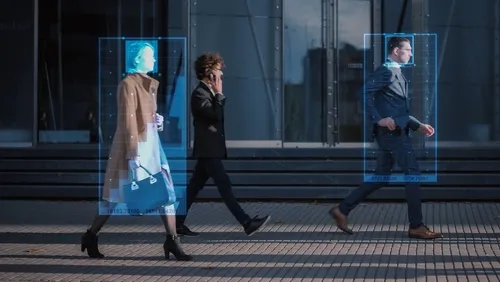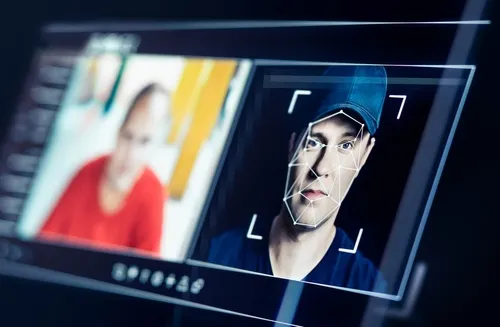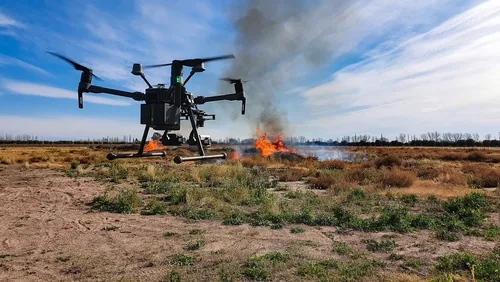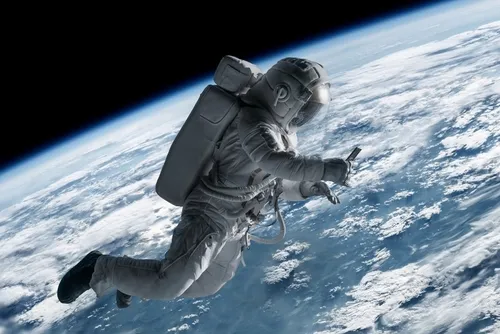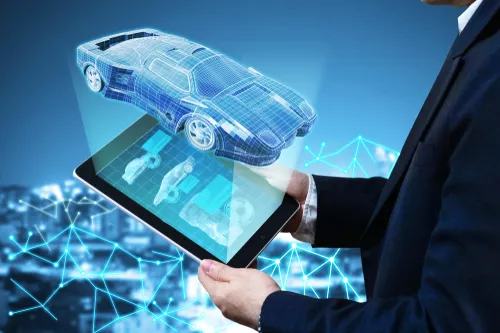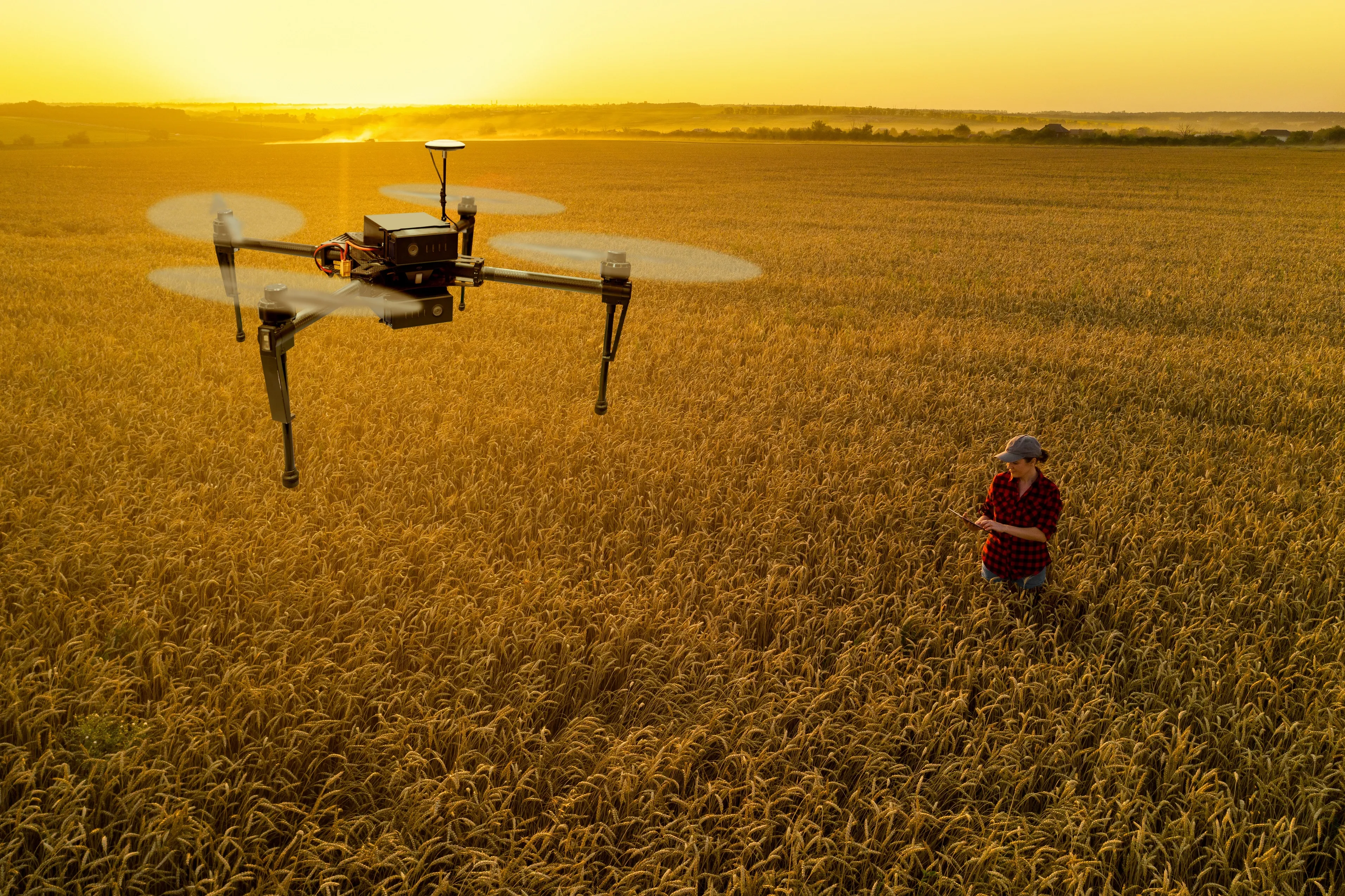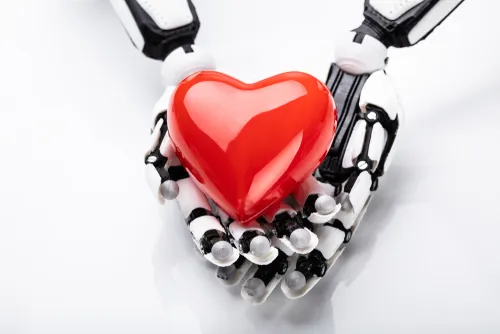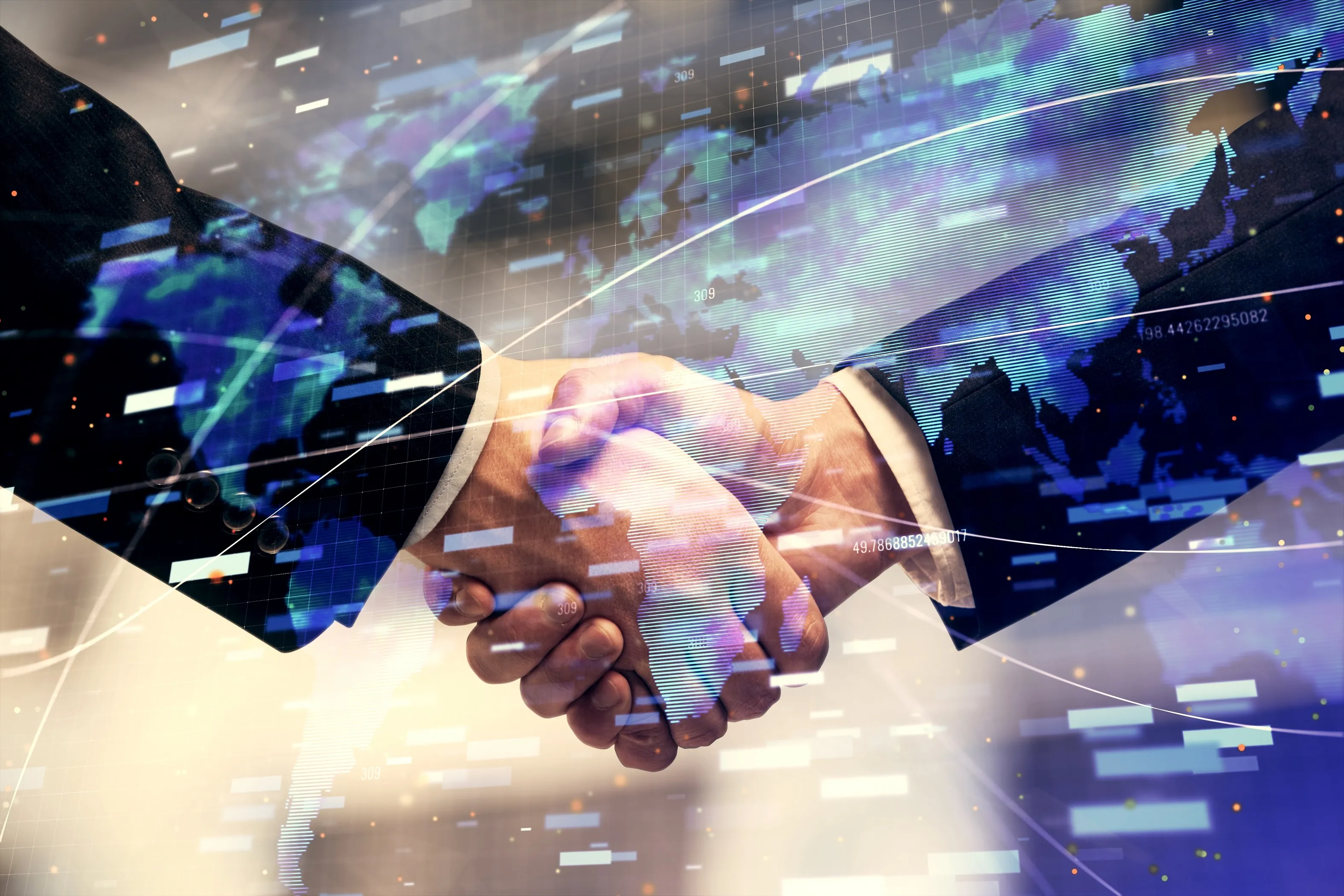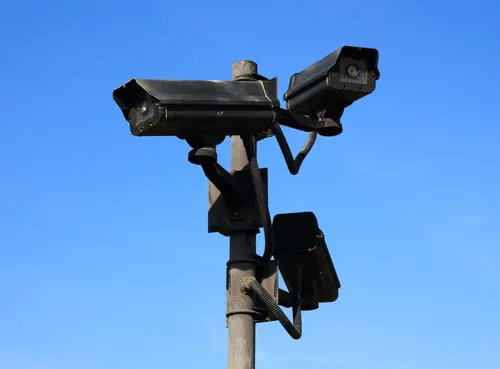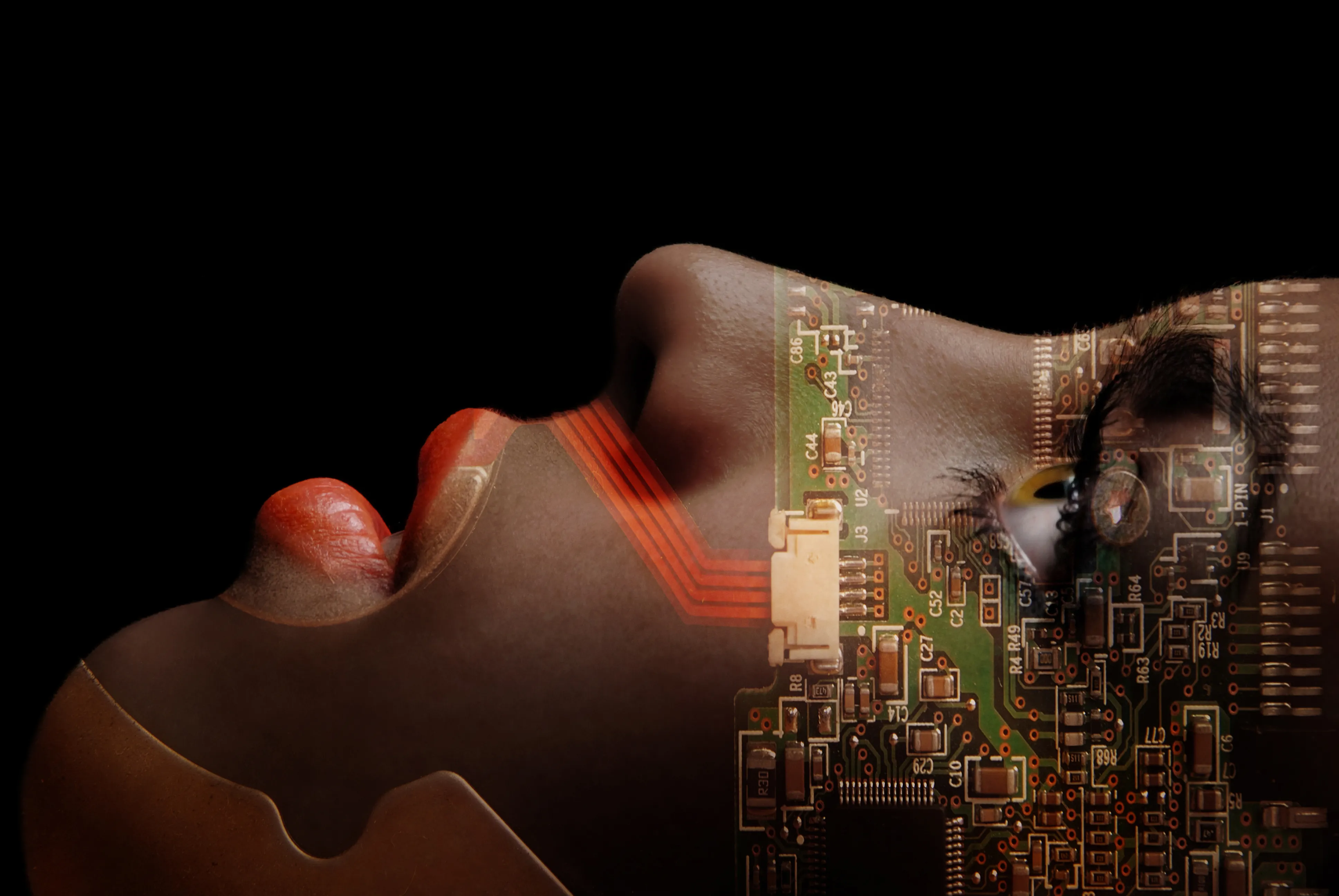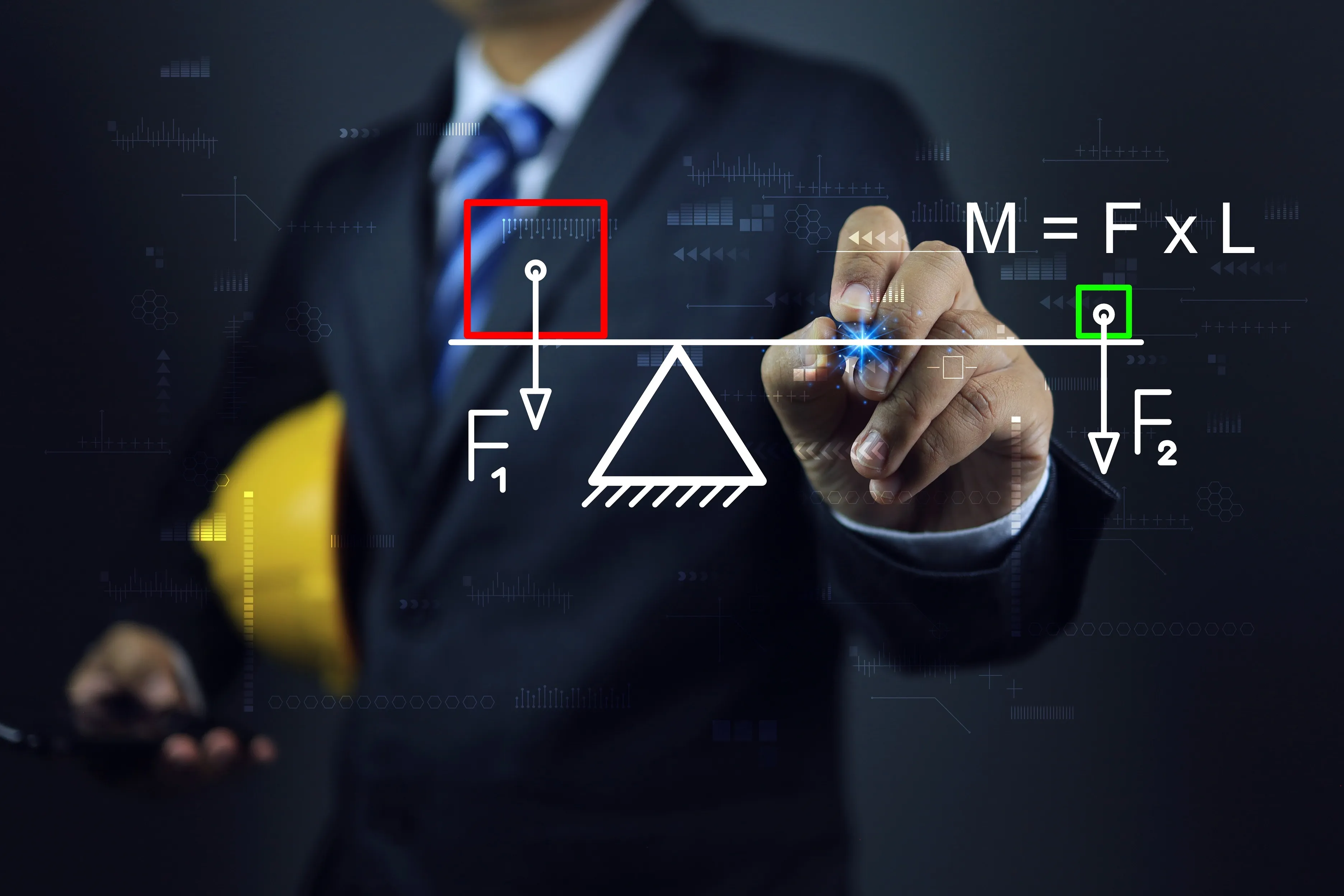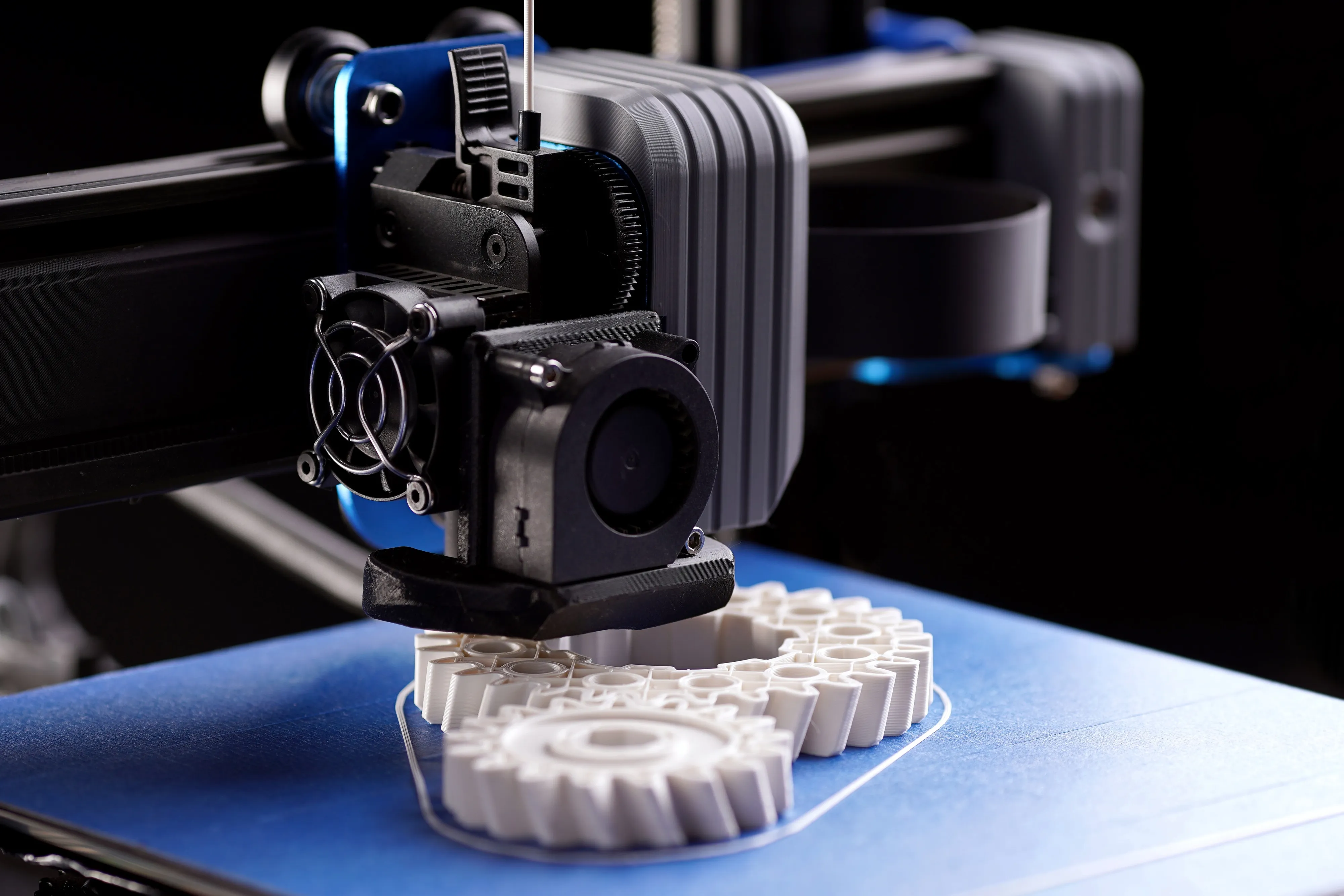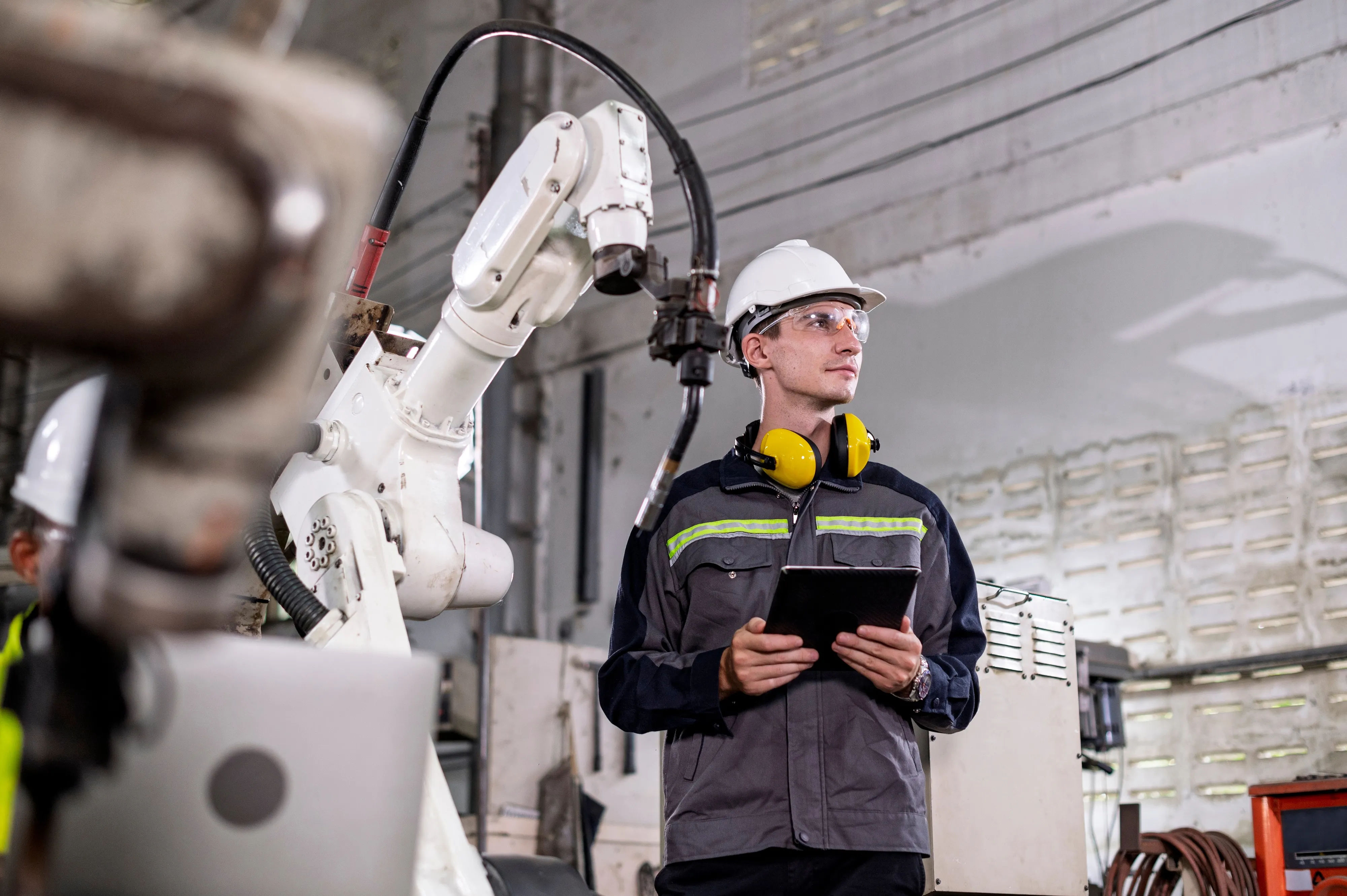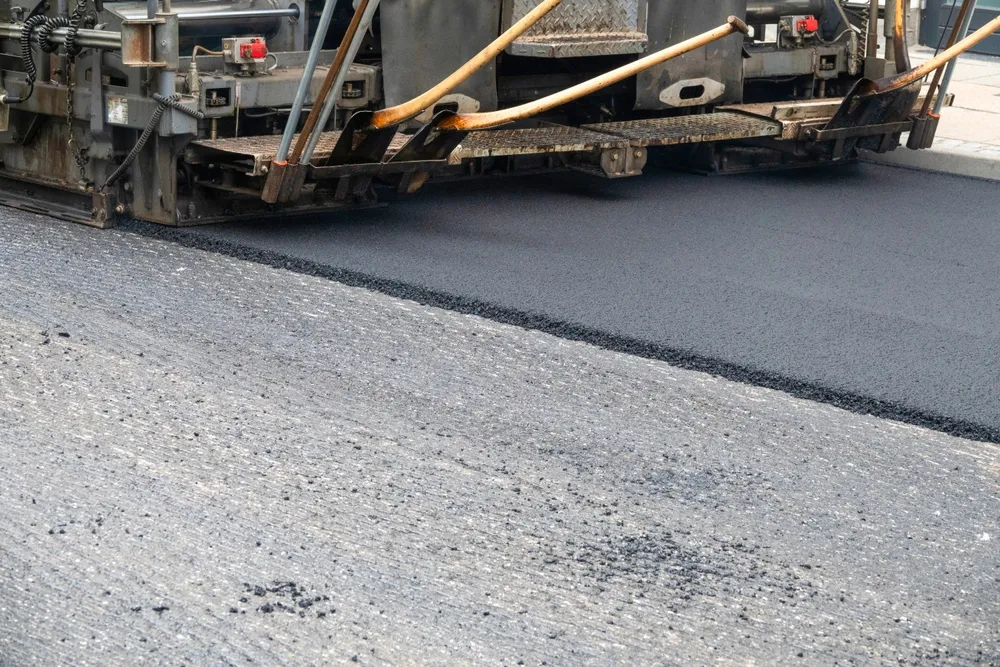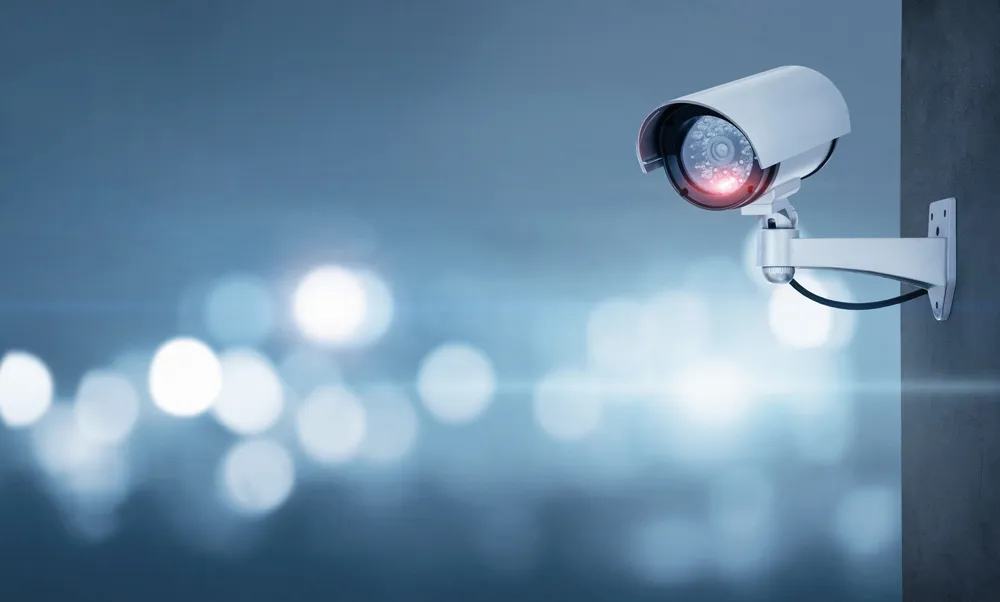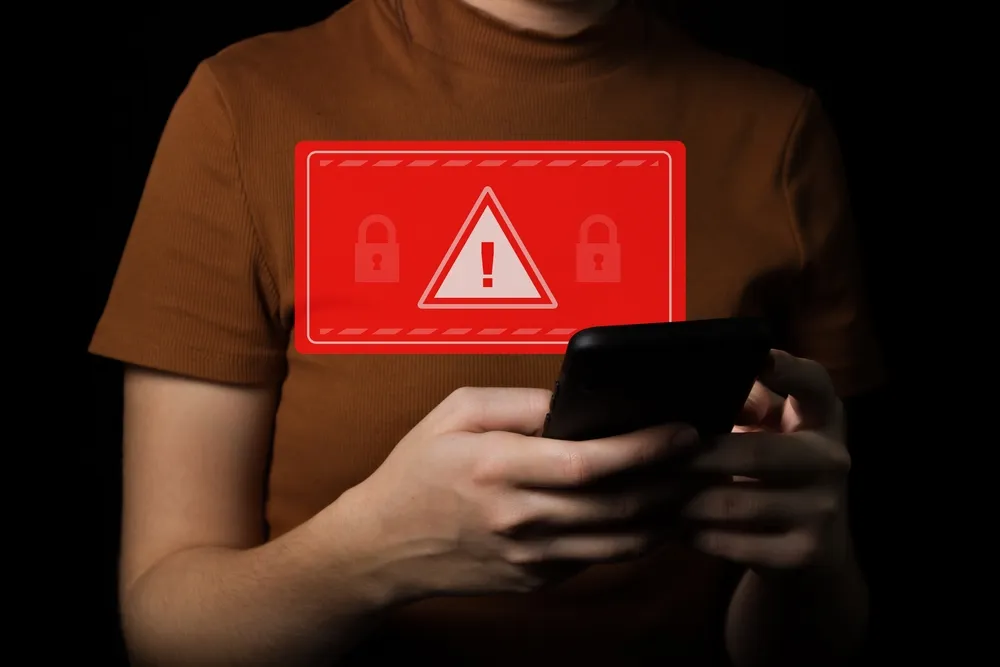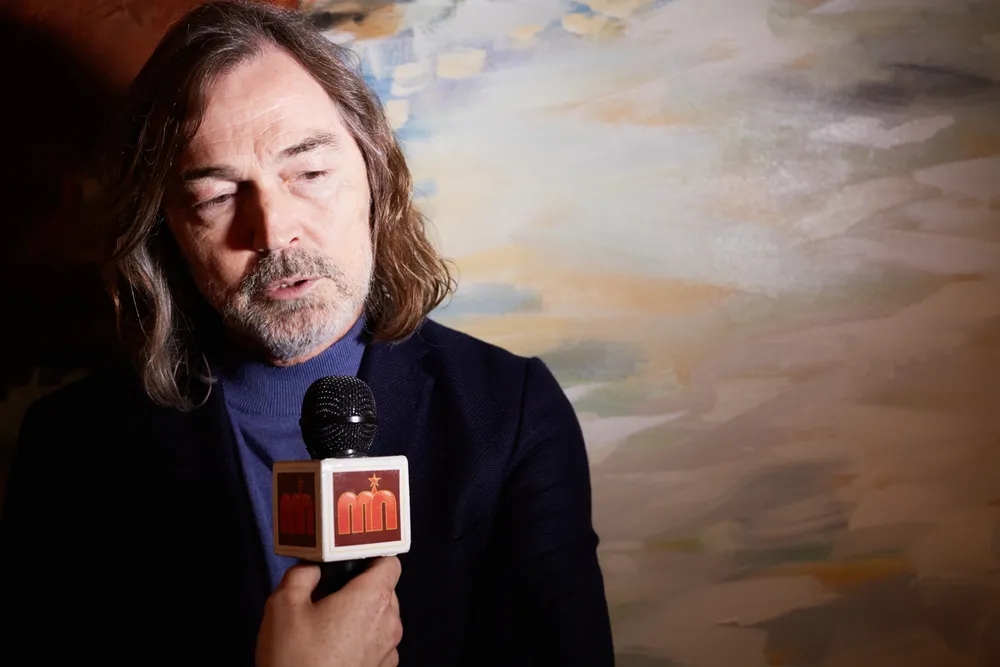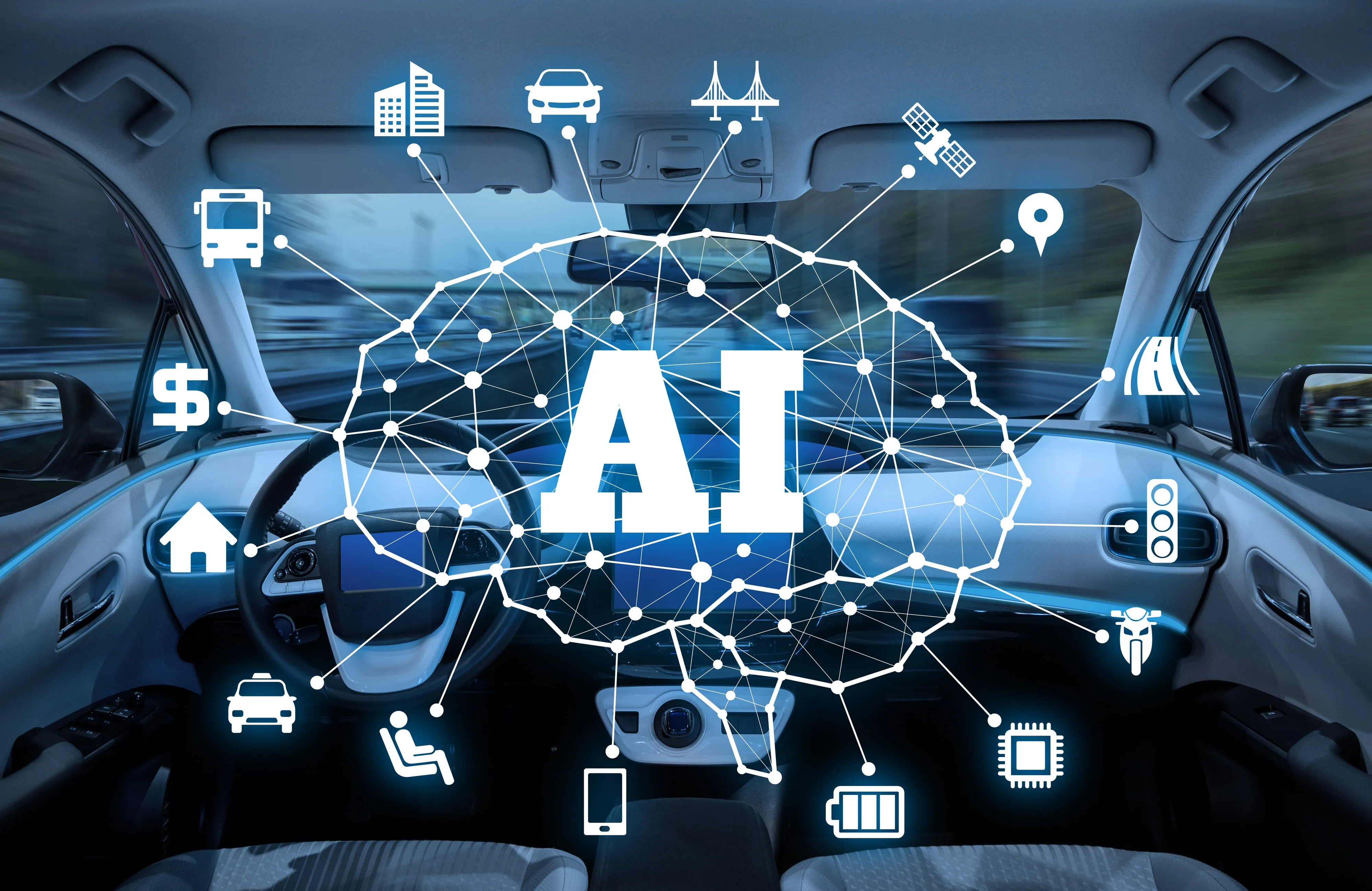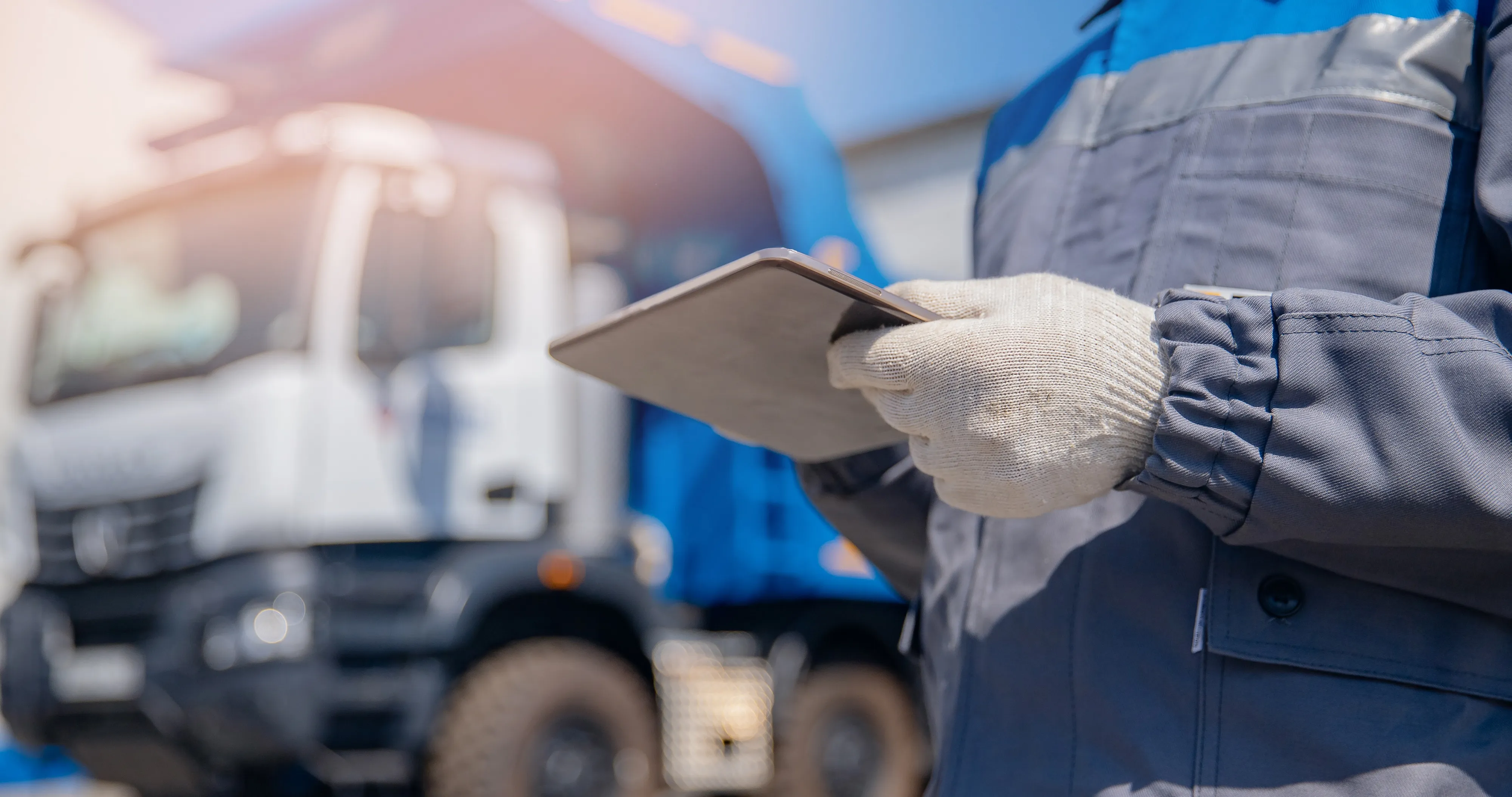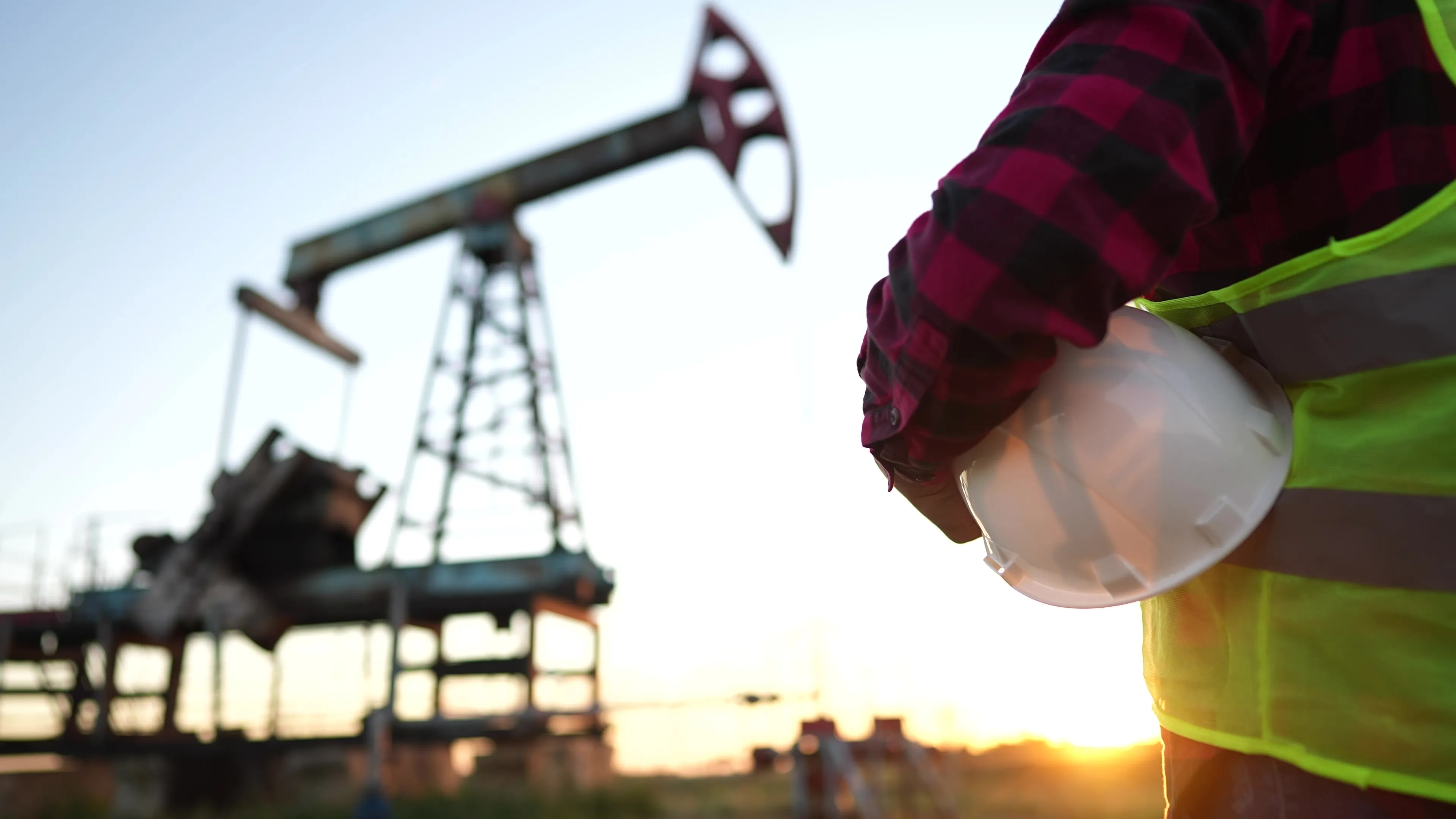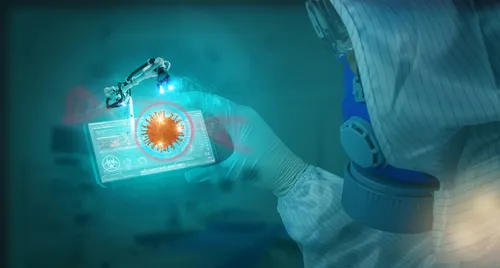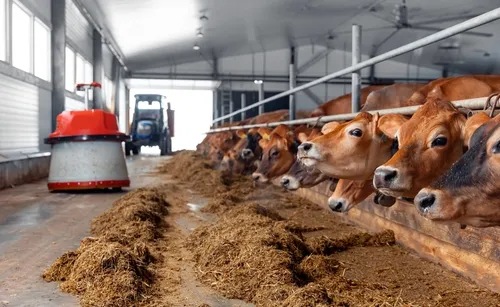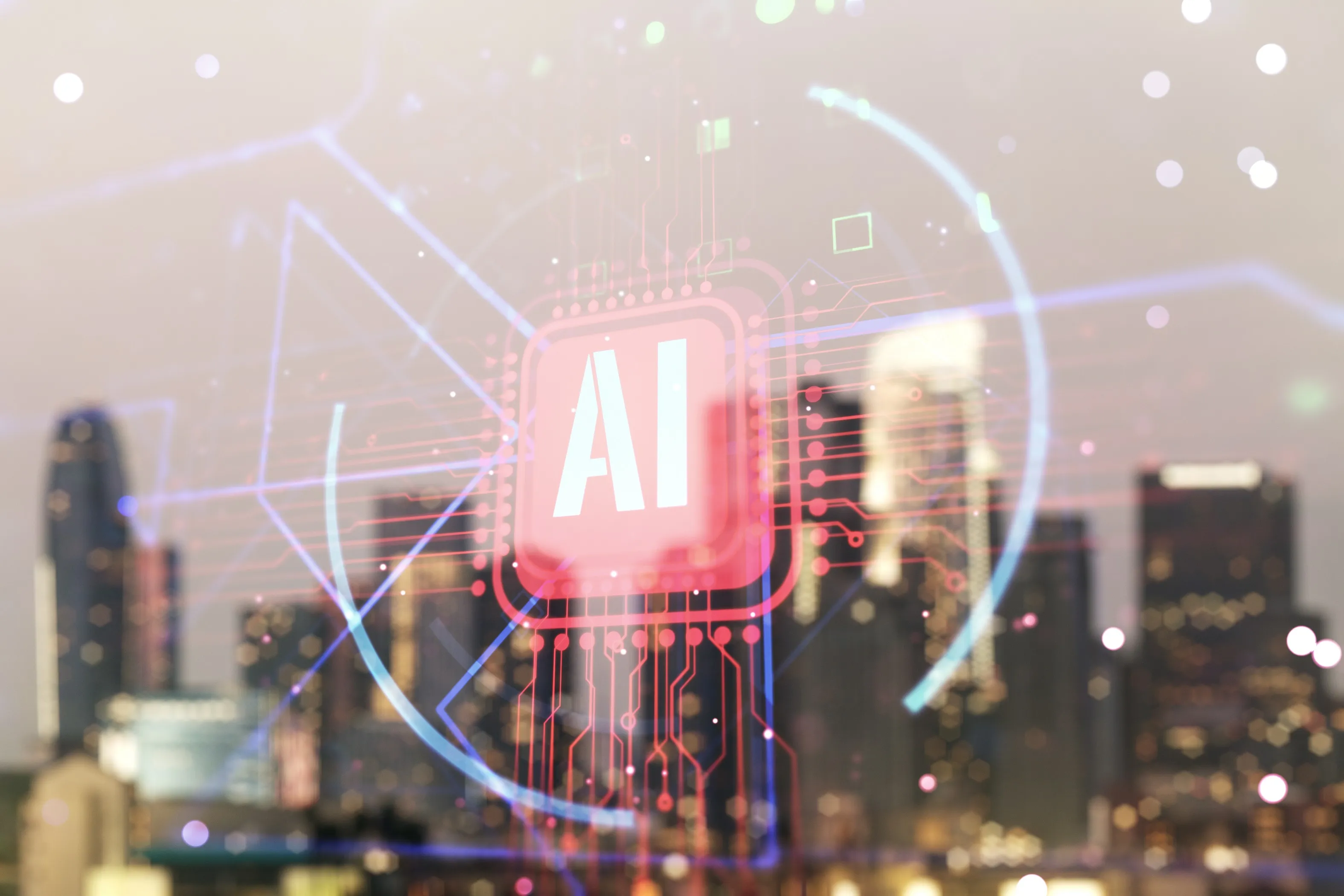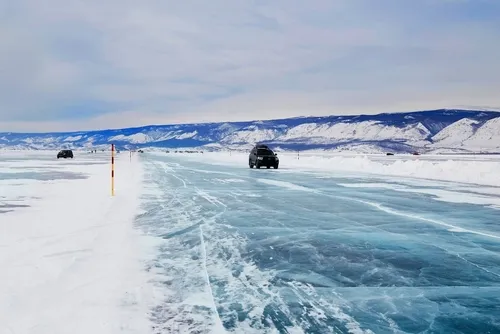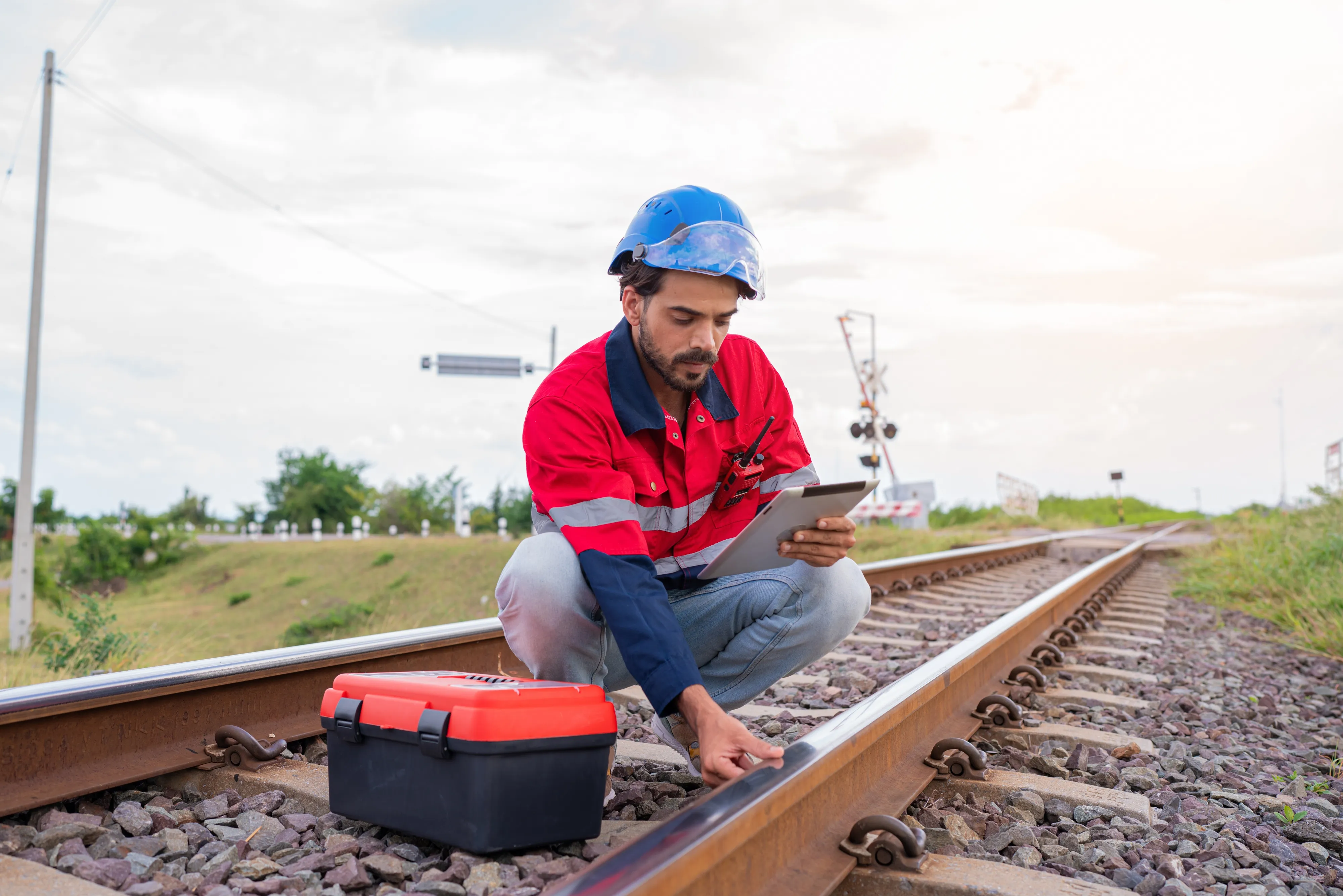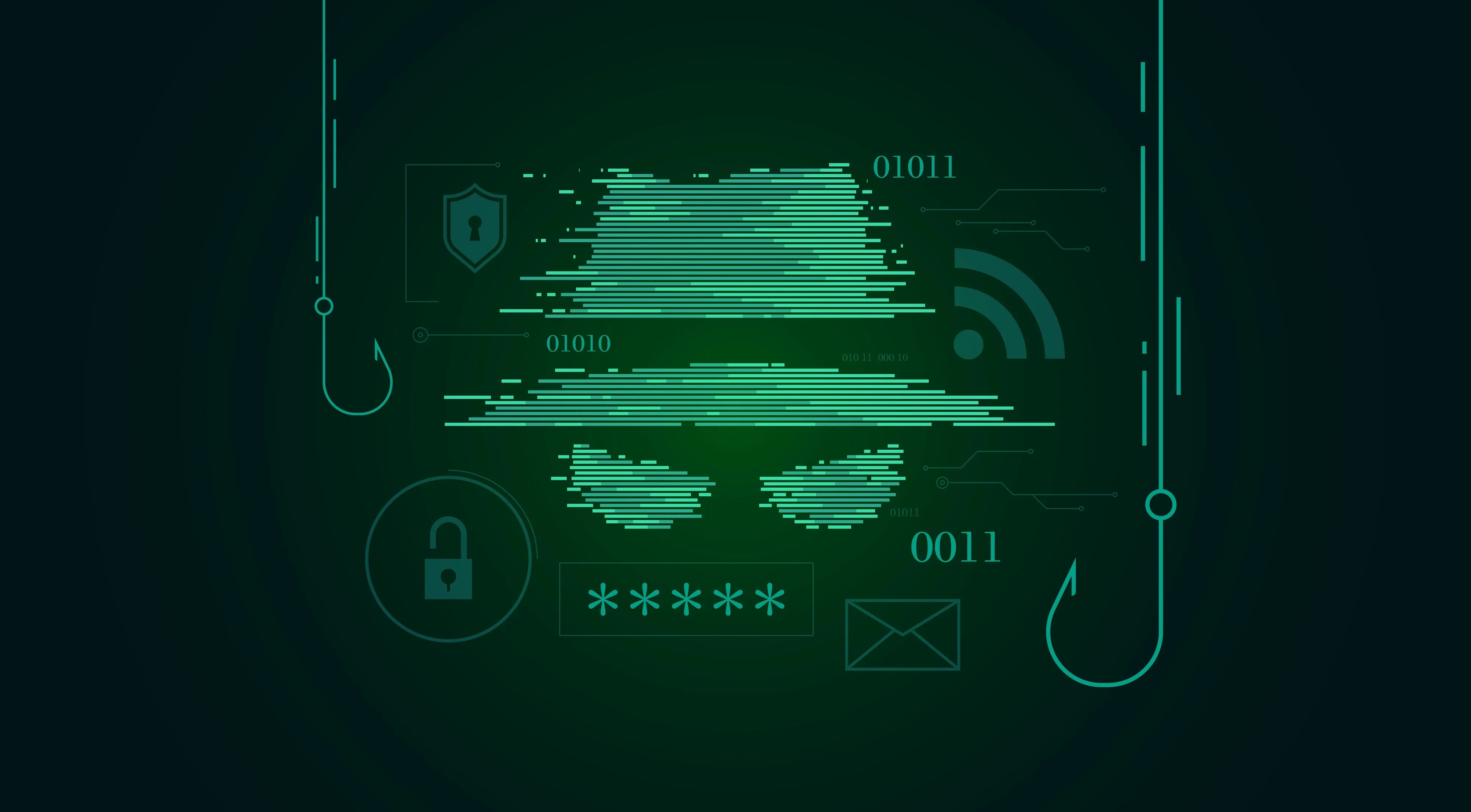AI Surveillance Is Quietly Rewriting Public Safety in Russia
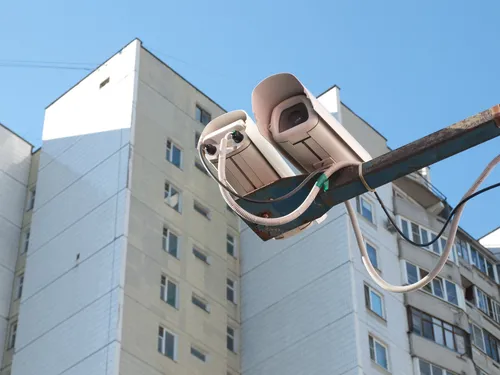
In Russia, artificial intelligence isn’t just powering chatbots or smart homes—it’s watching the streets, and it’s working
At the St. Petersburg International Economic Forum, President Vladimir Putin spotlighted a powerful and controversial trend: AI-driven surveillance systems are slashing crime rates and reshaping urban life.
According to Putin, the deployment of intelligent monitoring platforms—particularly in Moscow and the surrounding regions—has already led to a significant drop in public offenses. “Ensuring safety is one of the most critical tasks of modern society,” he said during the plenary session. “And advanced technologies are becoming key tools in solving it.”
Russia’s surveillance infrastructure now runs on neural networks capable of identifying a growing list of violations. In the Moscow Region, AI-enabled cameras patrol courtyards, playgrounds, and parking areas. They’re trained to detect—and report—everything from illegal trash dumping and lawn parking to vandalism and unsanitary conditions. Once flagged, the data is sent directly to human operators, bypassing the need for manual review.
The results? Nearly 40% fewer violations since the rollout began, according to regional officials. It's surveillance at machine speed—high-volume, always-on, and increasingly precise.
But this isn't just about public order. Putin made it clear that digital sovereignty is the endgame. A draft bill is already in motion to lay the legal foundation for Russia’s platform economy, with an eye on global competition. The President urged lawmakers to fast-track its approval, framing it as essential to the country’s technological independence.
AI, once a buzzword, is becoming embedded in Russia’s urban DNA. It sees. It learns. And now, it governs.


